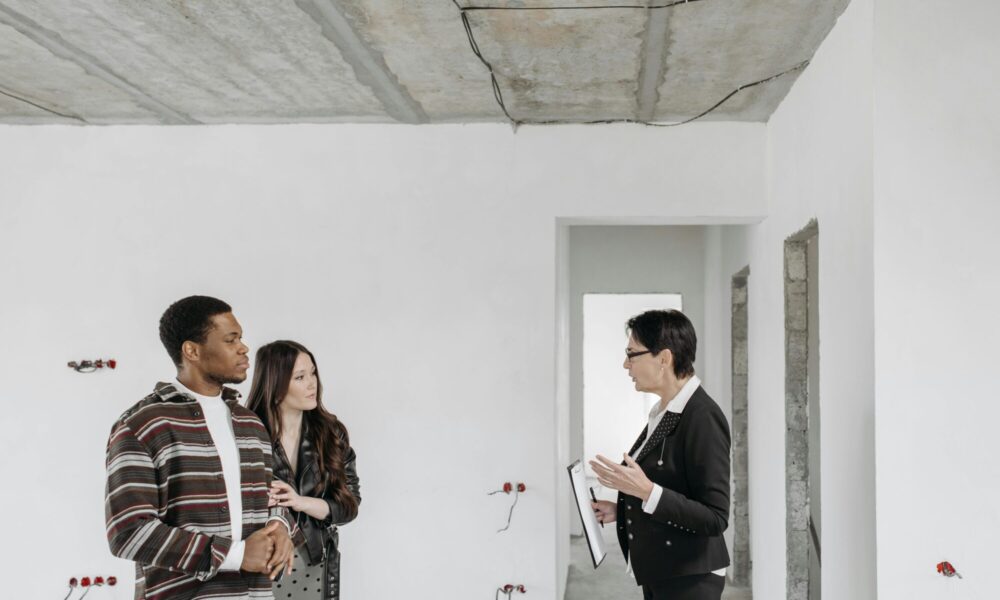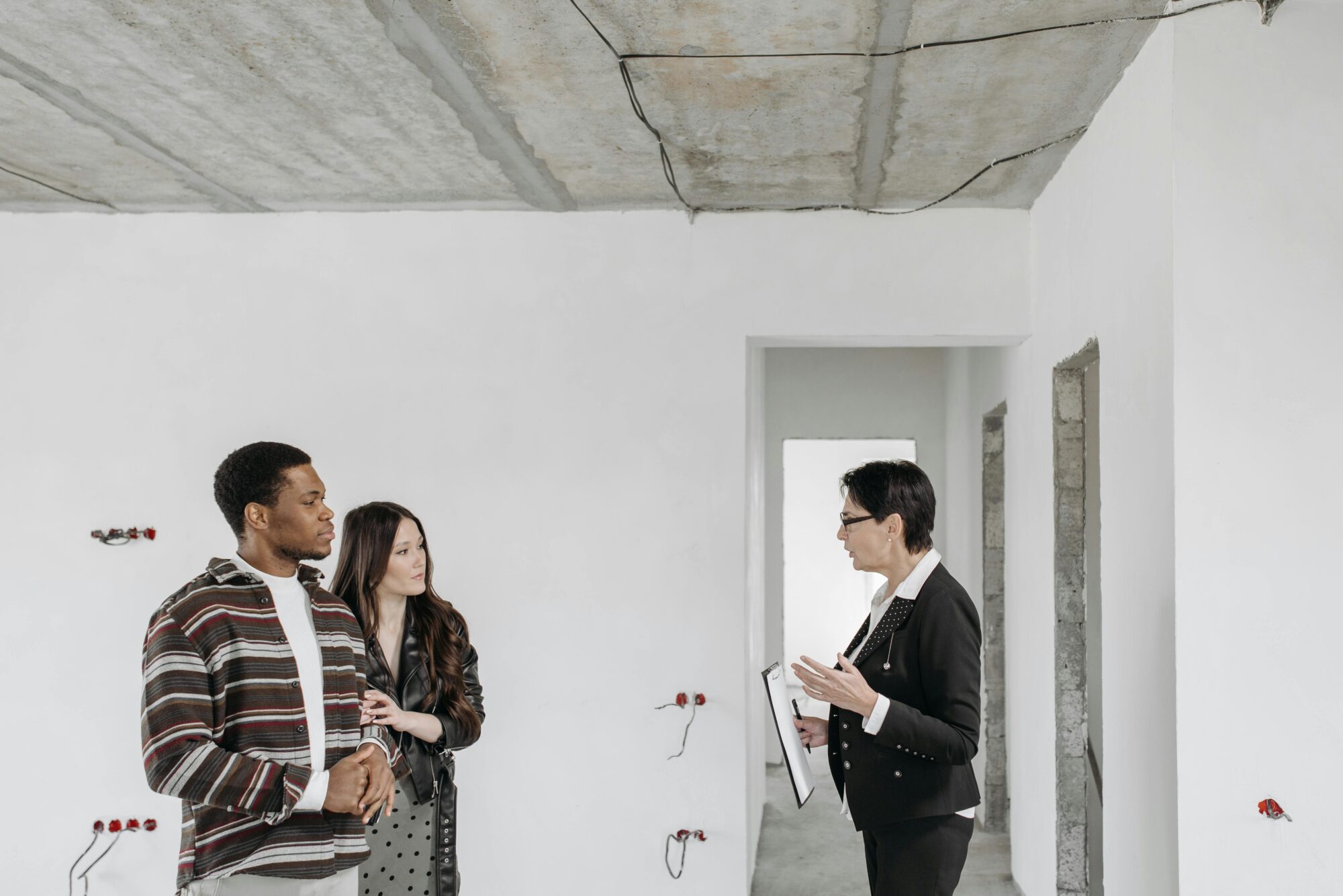How AI is Revolutionizing Property Valuation Amid Housing Reforms in Seattle's Market

Seattle’s housing market – including its tech-centric suburbs like Bellevue and Kirkland – is undergoing a transformation. Sky-high property prices and a chronic housing shortage have spurred legislative reforms and tech innovation. Artificial intelligence (AI) is now stepping in to revolutionize how we value properties and make investment decisions, against the backdrop of Washington State’s new densification laws (HB 1110 and HB 1337). These changes are reshaping housing from single-family exclusivity toward “missing middle” density and Accessory Dwelling Units (ADUs) – and AI tools are proving invaluable in navigating this new landscape.
Housing Affordability Crisis and Zoning Reforms (HB 1110 & HB 1337)
For years, the Seattle metro has been one of the least affordable housing markets in the U.S. Median home prices in 2024 hit … Angeles and Austin which use AI tools to instantly check designs against zoning codes. In short, AI is greasing the wheels of housing production – a necessary complement to the upzoning laws, which won’t mean much if permits still take years to approve.
Another domain where AI is making waves is ensuring equity in property valuations. There’s a long, troubling history of bias in home appraisals – studies and stories have shown cases of minority homeowners receiving unfairly low appraisals, for example. Initially, one might think removing humans and relying on algorithms would eliminate bias. However, regulators caution that it’s not so simple: “while machines crunching numbers might seem capable of taking human bias out of the equation, they can’t… automated models can embed the very human bias they are meant to correct”. If an AI is trained on decades of sales data from a segregated housing market, it might “learn” those biased patterns (undervaluing certain neighborhoods) and perpetuate them under a veneer of objectivity. Recognizing this, the U.S. CFPB and other agencies in 2023 proposed new rules to ensure automated valuations are fair and non-discriminatory. They urge practices like transparent algorithms, bias testing, and compliance with fair housing laws in any AI-driven valuation systems. The silver lining is that, with the right oversight, AI can actually help reduce appraisal bias – for example, by focusing on quantitative factors (location, size, amenities) and ignoring irrelevant traits (like the homeowner’s race). Some PropTech firms are explicitly working on “AI for fair appraisals,” aiming to produce valuations that are blind to anything but the property itself. In the context of Seattle’s housing equity goals, this is key. If densification is to benefit all communities, we need valuation tools that accurately reflect the true value of homes in historically underserved areas – enabling owners to access credit and buyers to fairly compete. A well-designed AI valuation model, paired with human judgment, can flag anomalies and ensure no neighborhood is left behind in the rising tide of property values.
The Tech-Driven Future of Real Estate in Seattle
The convergence of policy reforms and AI technology is setting the stage for a new era in the Seattle-area real estate market. On one hand, zoning reforms like HB 1110 and HB 1337 are injecting the market with possibility – the possibility of more housing units, creative redevelopment, and gradually improved affordability. On the other hand, AI innovations are providing the tools needed to capitalize on those possibilities: from automated valuations that can instantly recompute what a lot is worth under new zoning, to machine-learning models that guide investors on where to build, to permitting bots that cut through red tape and accelerate project timelines. It’s a powerful synergy of bits and bricks.
For professionals and policymakers, the implications are profound. Real estate advisors with tech expertise (such as the author, who bridges computer science and brokerage) are increasingly in demand to interpret AI outputs and guide clients. As one local firm describes, it’s about blending “AI-driven data” with hyper-local expertise for a comprehensive approach. In practical terms, that might mean using an AI model to project how adding two ADUs in Bellevue could impact a homeowner’s equity, and then guiding that homeowner through financing and construction – effectively turning big data into actionable strategy.
For city planners and civic leaders, embracing AI is no longer optional if they want to meet housing goals. Seattle’s identity as a tech hub makes it well-suited to pioneer these approaches (it’s no coincidence Zillow and Redfin started here). We can expect continued innovation: perhaps AI will soon help forecast the impacts of future zoning tweaks, optimize urban design for new triplexes, or provide residents with personalized housing advice via chatbot (indeed, Redfin just launched an “Ask Redfin” AI chatbot to answer homebuyers’ questions in real time).
Ultimately, the revolution in property valuation is about making the market more efficient, transparent, and fair. A decade ago, homeowners mostly relied on either an appraiser or a rough guess to know their home’s value; today they can get a near-instant estimate online backed by billions of data points. A decade ago, a promising development site might have languished because nobody realized its potential; now AI can spotlight it and connect it with investors. And importantly, as we move forward, checks and balances are in place so that this tech-driven efficiency doesn’t come at the expense of equity or accuracy. Regulators, industry groups, and technologists are working together to set standards for AI in valuation – emphasizing transparency, explainability, and human oversight. That means consumers and professionals can trust these AI tools as part of the decision-making process.
In conclusion, AI is proving to be a critical ally in navigating the Puget Sound’s real estate evolution. It is helping appraise properties not just for what they are, but for what they could be under new laws. It’s streamlining the journey from a reform on paper to a duplex in the ground. And it’s equipping everyone – from first-time buyers to seasoned developers – with better information to make smarter choices. Seattle, Bellevue, and Kirkland stand on the frontier of this transformation, marrying housing policy innovation with technological prowess. The result could very well be a more vibrant, equitable, and data-informed housing market – a model for the rest of the country of how to tackle a housing crisis with both bold reforms and binary code.
About Aditya Kasturi
Aditya Kasturi is a Global Real Estate Advisor at Realogics Sotheby’s International Realty and a tech entrepreneur with a background in computer science. Bridging deep market expertise with cutting-edge AI tools, he helps clients unlock the full potential of their properties—whether navigating Seattle’s evolving zoning laws, identifying hidden investment opportunities, or delivering precision valuations. Aditya’s work combines data-driven strategy with the high-touch service of a luxury brokerage, making him a trusted guide in complex market shifts.
Discover how AI-driven insights and local expertise can help you make smarter real estate decisions. Visit adityakasturi.com to explore your home’s potential today.

Source: How AI is Revolutionizing Property Valuation Amid Housing Reforms in Seattle's Market





